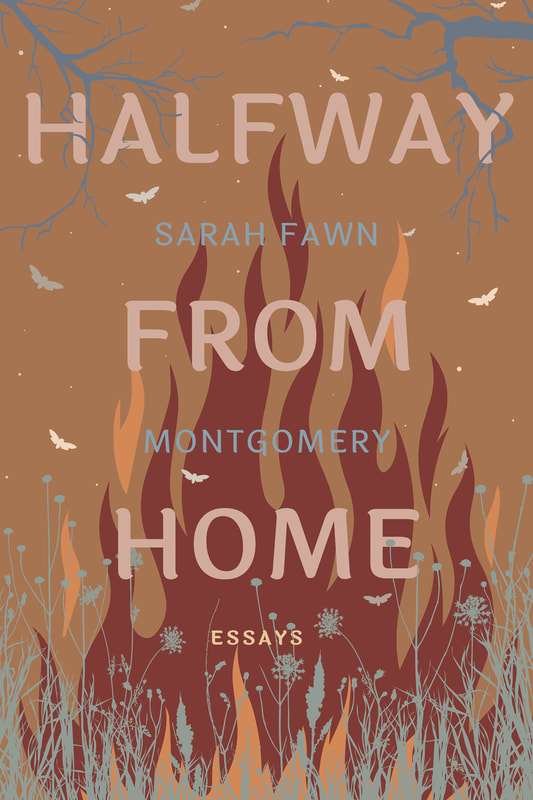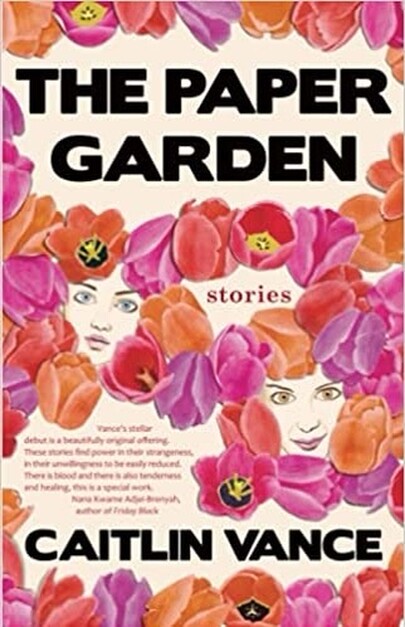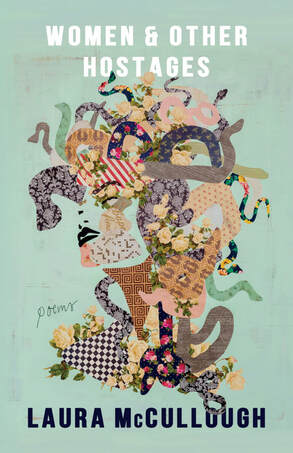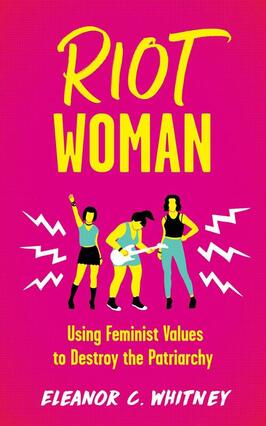Temptation, angst, and lunacy all rear their heads as Sheena Patel explores the obsession that comes with unrequited love in her debut novel I’m a Fan. The fan in question is an unnamed narrator who has wrapped herself up in an affair with an aloof, womanizing older man. Patel, an established poet, chronicles the bad decisions of the unnamed narrator through blunt but enticing prose. Patel puts stock into the power of fan presence, linking political influence to the number of devoted followers one has. The narrator, a woman of color with little recognition, pales in comparison to the white female influencers with whom she must compete. She speaks to privilege packaged as #goals, to algorithms and whiteness discounting indigenous and black and brown creators, and to the universal immature desire to be liked.
0 Comments
Sarah Fawn Montgomery's Halfway from Home is an intensely personal journey that flashes a reflective mirror upon American society exposing our collective imperfections and scars. Ever searching for clarity and reconciliation, Montgomery writes: “When I fly home to California from where I live in Massachusetts, crossing time zones and great distances like a space traveler, I spy Nebraska, another former home, another me in another time. No matter when I am or where I go, I am always halfway from home” (28). Halfway from Home takes the reader on a journey through memory and nostalgia. This nonlinear style starts in the opening sequences, beginning in San Miguel, California in 1991 where Montgomery, as her childhood self, digs with her favorite pail to find treasure in a magical backyard hole. Then four paragraphs later we are taken to Morro Bay, California, 1988 where she follows her father along the beach as he walks in the sand, struggling unsuccessfully to leave the same impression as his larger tracks. Almost immediately after, we are again transported to the year 1975, where her father shapes the land with his tools of labor. Just as fast, we are back to 1993, where Montgomery buried her dead frog, and her father could not understand why she was so emotional about it. The author provides the reader with several snapshots of memory from the years 1996, 2008, 2012, 2015, and so on.
Caitlin Vance’s debut short story collection simultaneously stuns and alarms audiences. The Paper Garden’s stories are separate pieces of fiction that instantly draw the reader into their unique and memorable world. The stories range from children’s experiences comprehending the world around them, realistic queer romances, reimagined biblical passages, and stories blanketed in a fresh take on mental illnesses. Where Vance truly shines is utilizing her obscure yet easily understood metaphors, and her ability to transform her character’s voices into meaning that embodies each reader's unique circumstance. Regardless of some of Vance’s collection being centered in a fantastical version of reality, she also utilizes her writing to make light of undeniable truths about religion, relationships, gender, love, and societal norms. What Vance is truly putting forth through her writing is the idea that nothing should be taken at face value, and everything should be questioned for its supposed authority and validity.
Hostage: a person seized and used as security for the fulfillment of a condition. Someone who is specifically held captive so that other people will act according to the will of their captors. So what does poet Laura McCullough mean when she likens women to hostages in her newest poetry collection?
Women and Other Hostages is McCullough’s seventh and most recent collection of poetry. Excluding her prologue piece, this collection is split into five separate sections for the reader to view. Her poems act as a looking glass, allowing the reader to experience the world from an entirely female perspective and see the joys and struggles of the everyday woman. The myriad of poems she presents display a range of emotions from the freedom of selfhood found in “Women & The Syntactical World” to the unquestionable pain demonstrated in “The Will.” McCullough pours her soul into each piece and proudly displays her own battles to bolster others.
“How have our feminist practices, beliefs, and ideals grown and changed as we have, and what does it mean to be a feminist at this moment in our lives?” (11)
It is with this insightful question proposed by Eleanor C. Whitney, that I begin to praise her latest book Riot Woman: Using Feminist Values to Destroy the Patriarchy. In this memoir, Whitney walks us through her experience of figuring out her feminist agenda through punk rock bands, zines, and the Riot Grrrl movement, which inspired her to become the activist and writer she always aimed to be: “From those words, sung, written and spoken, I began to see that life did not have to happen to me as a woman, but I could empower myself to chart my own course, discover and build community, and proactively make decisions to shape my life” (182). The memoir is a collection of essays that shows the importance of intersectional feminism for the LGBTQ+ community and for Black women, and practicing a feminism that is inclusive and hands-on. |
Archives
July 2024
Categories
All
|
|
Glassworks is a publication of Rowan University's Master of Arts in Writing 260 Victoria Street • Glassboro, New Jersey 08028 [email protected] |
All Content on this Site (c) 2024 Glassworks
|






 RSS Feed
RSS Feed
